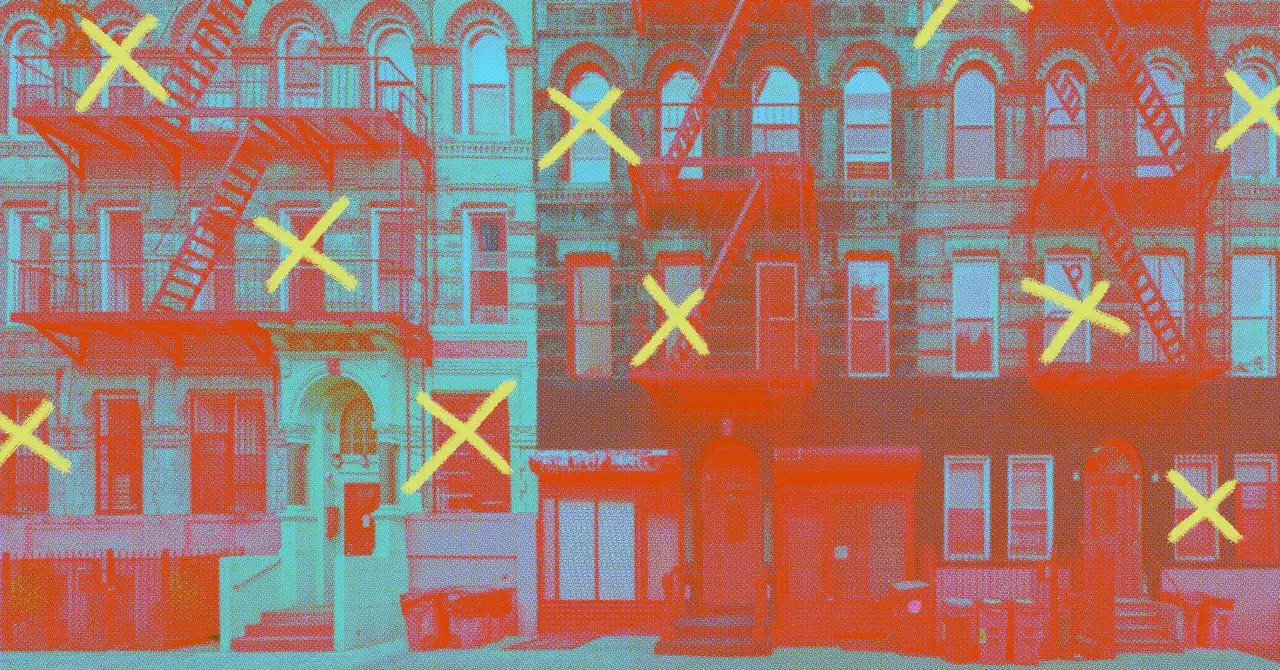New York City made headlines a year ago when it implemented Local Law 18, which placed restrictions on whole-apartment rentals for short-term stays through platforms like Airbnb. The initial intention behind this law was to lower rents and increase the availability of housing for full-time residents. However, the outcomes of this regulation have sparked a debate within the city.
Following the implementation of Local Law 18, Airbnb challenged the law in court, arguing that it severely limited the platform’s ability to operate in the city. Despite their efforts, the law was upheld, prompting Airbnb to question the effectiveness of the regulation. The company has called for a reevaluation of the law, pointing out that rent prices remain high and housing availability is still an issue in New York City.
In response to the current restrictions, Airbnb is advocating for changes that would allow individuals to rent out their primary residence for short periods when they are away. They are also seeking to eliminate certain regulations, such as the requirement for hosts to be present for stays under 30 nights. These proposed changes aim to make the law more flexible and accommodating for hosts on the platform.
Impact on the Housing Market
One of the main concerns raised by critics of the law is its impact on the housing market. The decrease in short-term rentals following the implementation of Local Law 18 has been significant, with a nearly 70 percent drop in Airbnb listings in the city. This has particularly affected neighborhoods outside of Manhattan, where the number of short-term rental listings has decreased by as much as 90 percent.
New York City’s approach to regulating short-term rentals is not unique, as other cities around the world have faced similar challenges. Barcelona, for example, recently announced that all short-term rentals will be prohibited by late 2028. This trend of cracking down on short-term rentals highlights the global debate surrounding the balance between tourism and housing for locals.
Unintended Consequences
While the intention behind Local Law 18 was to increase housing availability and lower rents, the data suggests that many short-term stays have not been converted to yearlong leases. Instead, they have transitioned into mid-length stays on platforms like Airbnb. This raises questions about the effectiveness of the law in achieving its intended goals.
The impact of New York’s short-term rental regulations on Airbnb has been significant. While the decrease in short-term rentals may have addressed some concerns in the city, there are still lingering questions about the long-term effects of these regulations. As the debate continues, it remains to be seen whether changes will be made to the current law to better balance the needs of hosts, residents, and tourists in New York City.

